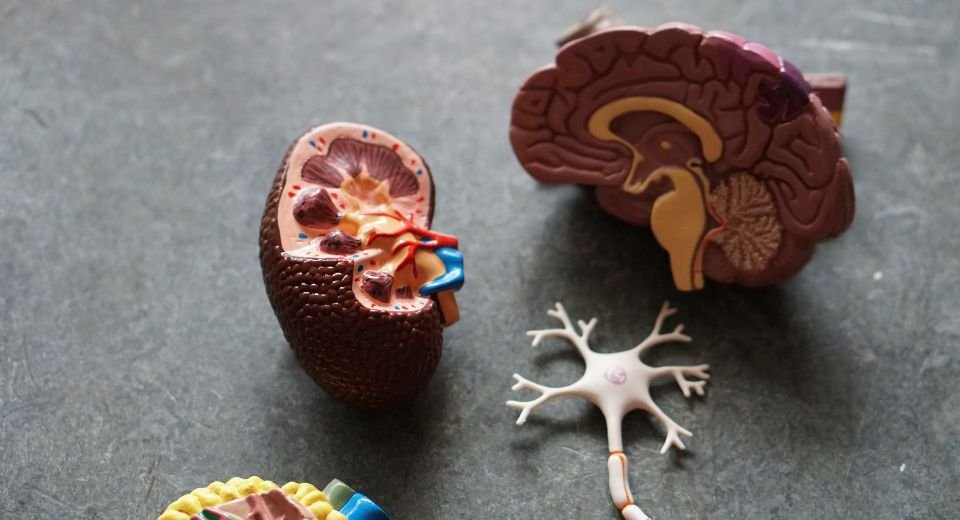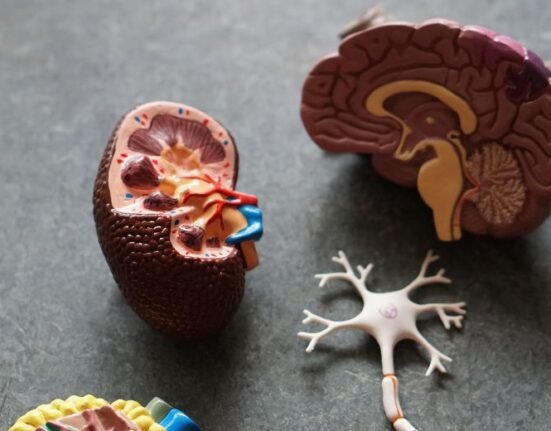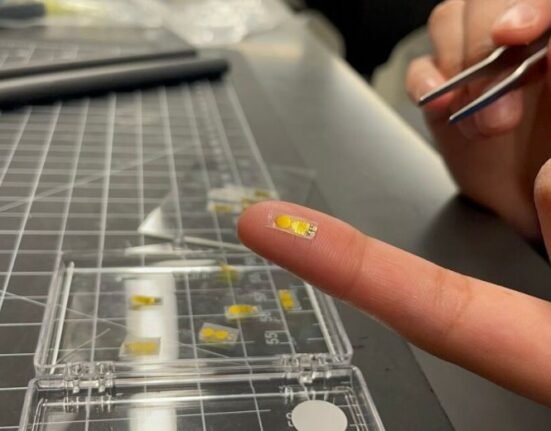Bharti Jayshankar
January 25, 2024: Scientists at the University of Alabama-Birmingham’s Marnix E. Heersink School of Medicine have successfully transplanted genetically modified pig kidneys into three brain-dead individuals. The study, published in the Journal of Clinical Investigation, reveals promising results that could propel xenotransplantation, the process of cross-species organ transplantation, closer to FDA-approved human trials.
The organ transplant waiting list in the US stands at more than As 100,000, and an average of 17 individuals succumb daily while awaiting organs. In 2021, nearly 1,44,302 organ transplantations took place, where 26.44% (38,156) were of deceased organ donation. India had performed a total of 12,259 transplantations, which contributes 8% to the global transplantations, where the major ones are for kidneys (74.27%) followed by liver (23.22%), heart (1.23%), lung (1.08%), pancreas (0.15) and small bowel (0.03%). The overall number of deceased donors’ transplantations in India is 4.5% (552).
The need for innovative solutions has never been more pressing.
Successful xenotransplantation
The recent study, led by Dr. Jayme Locke, a professor of surgery and director of the Division of Transplantation, demonstrated the successful transplantation of pig kidneys into brain-dead patients using FDA-approved drugs commonly employed in human-to-human organ donations. The breakthrough removes the necessity for specialty or experimental drugs, simplifying the process and expediting the transition to FDA-approved human trials.
The research involved comparing outcomes for two pig kidney recipients who received standard immune-suppressing drugs and an additional FDA-approved therapy called eculizumab, with results from a recipient who received only immune-suppression drugs. The combination of immune-suppressing drugs and eculizumab proved to be the most effective.
Dr. Locke emphasized the importance of simplicity in the process, stating that changing only the organ source would facilitate the transition to living trials. The use of medications widely known to transplanters globally simplifies scaling up the procedure, making it more accessible to a larger population.
While the study is limited to three patients, transplant surgeons lauded the innovative work, acknowledging its incremental contribution to the field. Dr. Sheri Krams, a senior associate dean at Stanford Medicine, commended the researchers for their “extraordinarily innovative work,” recognizing the stepwise progression in the field of xenotransplantation.
The study’s findings provide hope for addressing the critical organ shortage, with experts suggesting that xenotransplantation could be a revolutionary permanent solution. The use of FDA-approved regimens could bring xenotransplantation one step closer to clinical reality, potentially alleviating the global organ shortage crisis.








